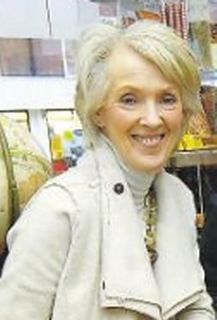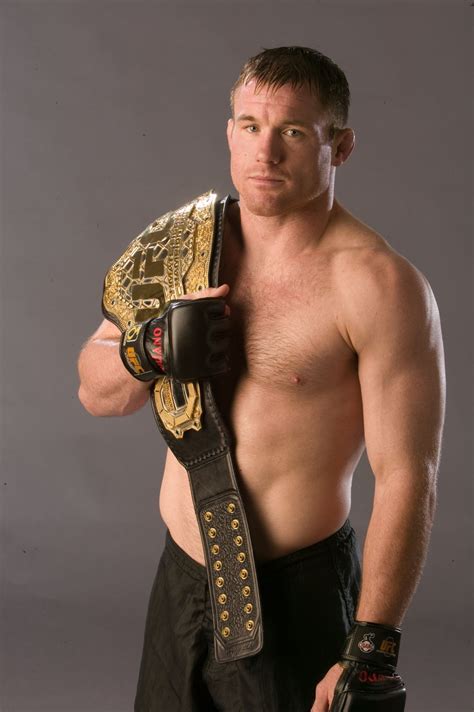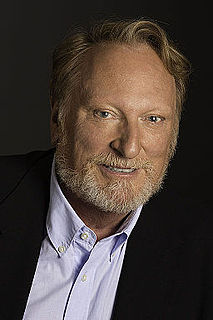A Quote by Mary McCarthy
I once started a detective story to make money?but I couldn't get the murder to take place! At the end of three chapters I was still describing the characters and the milieu, so I thought, this is not going to work. No corpse!
Related Quotes
Money is part of how we move through the world, what stores and restaurants we go into, whether we take a train to the airport or a taxi. Describing characters living in the real world requires describing them engaging with money. There are also so many emotional aspects to money - feelings of inadequacy, feelings of security. I am not sure if there needs to be more about money in fiction, but the absence of this aspect can make a story feel somehow frictionless and unreal.
You have to decide where the line is in such a complicated place like Saudi Arabia. I was so confused by the place - there's no simple story. It's a place that is really sensitive to how it is judged, particularly by people from the West. So in the end I thought: I'm just going to take the reader on my journey to try and understand this odd place.
I think the detective story is by far the best upholder of the democratic doctrine in literature. I mean, there couldn't have been detective stories until there were democracies, because the very foundation of the detective story is the thesis that if you're guilty you'll get it in the neck and if you're innocent you can't possibly be harmed. No matter who you are.
When in doubt, the rule of threes is a rule that plays well with all of storytelling. When describing a thing? No more than three details. A character's arc? Three beats. A story? Three acts. An act? Three sequences. A plot point culminating in a mystery of a twist? At least three mentions throughout the tale. This is an old rule, and a good one. It's not universal - but it's a good place to start.
The average detective story is probably no worse than the average novel, but you never see the average novel. It doesn't get published. The average -- or only slightly above average -- detective story does.... Whereas the good novel is not at all the same kind of book as the bad novel. It is about entirely different things. But the good detective story and the bad detective story are about exactly the same things, and they are about them in very much the same way.
In creating the strange milieu in which your story takes place, you must first understand as well as you possibly can the familiar milieu in which your own life is taking place. Until you have examined and comprehended the world around you, you can't possibly create a complex and believable imaginary world.
When I was in N.W.A. and didn't get paid all the money I was owed, that's when the business side of showbiz hit me. I thought, "Half of this is workin'. I'm famous, but now I need to be famous with some money." That got my brain started at trying to figure out the business end. And once I figured out the business side, I next came to understand that success really comes down to the product, not to me, my personality, or what club I'm seen going into or coming out of. None of that matters.
You have to do three things really well to make a successful film. You have to tell a compelling story that has a story that is unpredictable, that keeps people on the edge of their seat where they can't wait to see what happens next. You then populate that story with really memorable and appealing characters. And then, you put that story and those characters in a believable world, not realistic but believable for the story that you're telling.







































